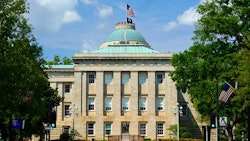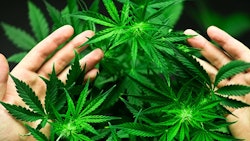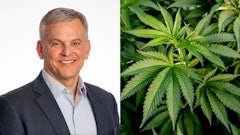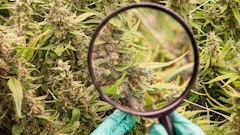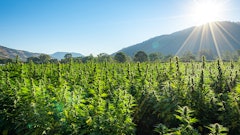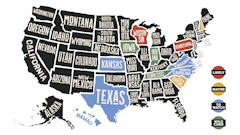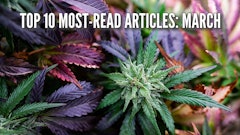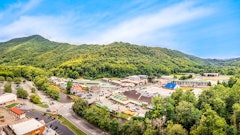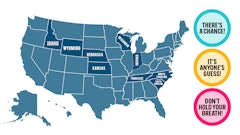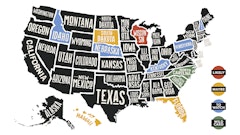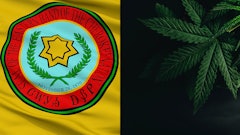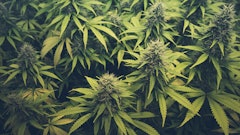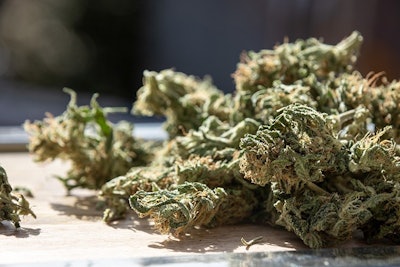
North Carolina legislators have agreed to continue allowing the sale of smokable hemp until June 1, 2020, but it’s unclear whether that temporary measure will remain in effect any longer than that. The debate over smokable hemp flower—sold outside the purview of licensed medical cannabis dispensaries—is still a major discussion in the state.
Part of this hand wringing comes from the regulatory uncertainty over what hemp is. While it’s legally defined as the cannabis plant containing 0.3% THC or less, that ratio means very little to law enforcement. By allowing hemp flower to be sold in retail storefronts around the state, the thinking goes, police officers will be left with no way to discern what’s legal (hemp) vs. what’s still illegal in the state (cannabis with more than 0.3% THC content).
The net effect is the de facto legalization of cannabis, a point that law enforcement officials in other states have brought up in public hearings.
The ban on smokable hemp flower is seen as one way to ameliorate that distinction. If there’s no legal hemp flower on the market, then all that remains is illicit product that law enforcement can pursue with vested authority. But hemp business owners are caught in the middle of this tension.
"From seed to sale, a lot of people have their lives staked in this, and I just don't think everyone's going to go out silently, if that's the way it does go," Henderson County Sheriff Lowell Griffin told WLOS.
Brian Bullman, founder of Carolina Hemp Company, told The News & Observer earlier this year that a ban would have far-reaching effects for the quickly expanding hemp industry. North Carolina has licensed 16,924 acres of industrial hemp in 2019.
“Anything that happens in this state without significant foresight is going to continue to ripple through our economy, our hemp economy,” Bullman told the paper.
In July, the North Carolina Industrial Hemp Commission voted 5-2 to oppose the ban, writing to lawmakers that “The 2019 hemp crop in North Carolina was planted under a statutory and regulatory framework in which all products of hemp legally cultivated in the program have never been previously questioned to be illegal by federal or state law enforcement. … A shift in the law now by criminalizing smokable hemp will create market instability and leave North Carolina farmers insufficient time to find new markets for their crops.”
S.B. 315 is expected to earn Gov. Roy Cooper’s signature with ease.










